By Jyrylle Penarroyo
The Grounders’ stage was set up in front of glass windows, portraying a beautiful backdrop of the soon-to-be pink skies. The rest of the space was scattered with antique furniture and plants protruding from almost every corner. The incandescent lights cast a warm glow above the fixtures, creating a pleasant and snug atmosphere as the room slowly filled with anticipation from festival attendees.
On Nov. 4, nine indie artists from the Greater Toronto Area performed at the Grounders Music Festival, held at OBJX Studio and founded by a group of Toronto Metropolitan University (TMU) students.
Before the festival started, the space buzzed with volunteers running around making last-minute preparations for the show and vendors setting up their stalls for awaiting customers. Volunteers greeted guests at the door with inviting smiles and a coupon for a complimentary drink at the bar.
The festival was split into two portions. The daytime set opened up with Shoshana Glory, followed by Sofia Aëdon, Emma Beckett, Curt James and Nia Nadurata. The nighttime artists featured City Builders, The Beans, Jules Auckland and closed off with the punk rock band Heavenly Blue.
The transition from daytime artists to nighttime artists naturally flowed together. The performances in the daytime were carefully selected, with the artists creating a calm, lighthearted atmosphere, almost as if they were gradually easing the attendees into the festival.
“I really enjoyed watching the sets when the sun was going down,” said Sierra Finkelshtain, the marketing lead for Grounders Music Festival and a fourth-year TMU media production student. “The windows in the background created an effect—that was really cool! It goes into the whole concept of making a daytime and a nighttime portion.”
The nighttime performances were more upbeat, featuring a variety of genres from pop to electronic and punk rock. The contrast of atmosphere between the two portions showed the duality of the city and was curated in a way that reflected the music scene in Toronto, according to Finkelshtain.
“We didn’t just want to do a concert. We wanted to make an experience”
Daytime artists took turns doing sound checks with the festival crew to make sure everything was up to standard. The guests exchanged conversations with each other, talking about which artists they came to support—some of whom were friends or loved ones of the performers.
Krish Shah, a fourth-year business and technology management student at TMU, mentioned how “cool” the venue decor was and how spacious the area was, describing it to be the “perfect vibe” for the event.
“Generally, I’m not a massive fan of the type of music that the artists were performing,” Shah said. “But the energy and talent of the performers shone through. I had a great time!”
Sofia Aëdon, one of the daytime artists and a TMU alumna, spoke about her experience performing at the festival.
“Underground DIY punk shit”
“I was very excited about Grounders because I know a few of the girls coordinating the gig,” she said. “It’s just great to see local events like this…I love when [organizers] bring smaller musicians together.”
The festival presented an opportunity for local musicians and music lovers to gather as a collective in celebration of Toronto’s arts scene.
In a post-performance interview with The Eyeopener, the members of Heavenly Blue shared their appreciation for the festival and the crew members working behind-the-scenes.
Natasha Syberg-Olsen, the lead singer for Heavenly Blue and second-year professional music student at TMU, said everyone at the festival was “super friendly” and praised the event’s overall atmosphere.
“Everything felt very professional and organized,” Olsen said. “It’s a good feeling, and I felt very valued here.”
Beatrice Richard, the band’s drummer, said that most of the shows they’ve played have been “underground DIY punk shit.”
“It’s nice to switch up the vibe sometime,” Richard said. “It feels like you’re a fancy person doing fancy things.”
The band members were surprised with how many people came out to support and were not expecting the turnout, especially during their performance as it was later in the night. They were also amazed at the energy of the room, with the attendees getting up to dance and moshing alongside Olsen herself.
Finkelshtain said the idea behind the festival was to make an experience for the artists rather than just a concert. The goal was to hone in on the community aspect of the event, encouraging artists and attendees to meet new people and discover the wide variety of music in one place.
“We were getting comments like ‘Oh, maybe a festival is too much, just do a concert,’ but I think that the whole idea about Grounders is that we didn’t just want to do a concert,” Finkelshtain said. “We wanted to make an experience.”
This night’s events allowed attendees to visit vendors and shop as the artists played their set in the background.
Behind-the-scenes, despite working and ensuring everything went smoothly, the Grounders crew had moments to sit back and enjoy the festival themselves.
In addition to giving a platform to emerging artists, Grounders Music Festival was also founded by a collection of passionate TMU media production students. The women and non-binary-led team wanted to highlight representation, not only in the music industry but in the event planning industry as well.
“We had to put this out there, not only to show representation with the artists we chose, but also show how the behind-the-scenes can be diverse as well,” said Finkelshtain.


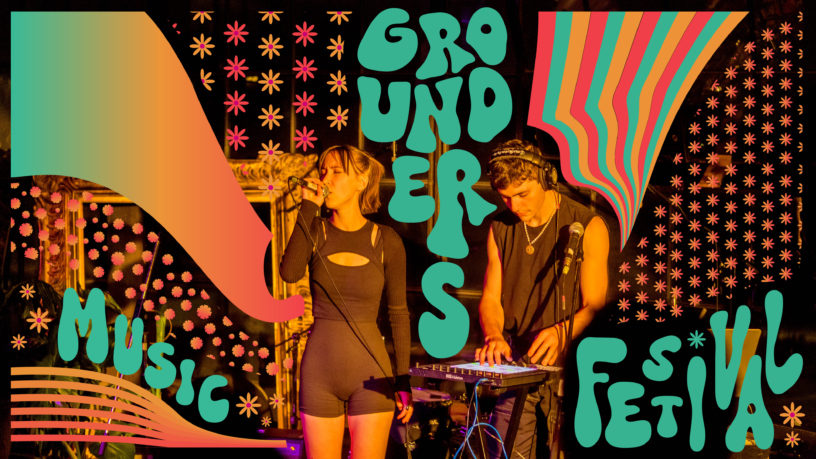
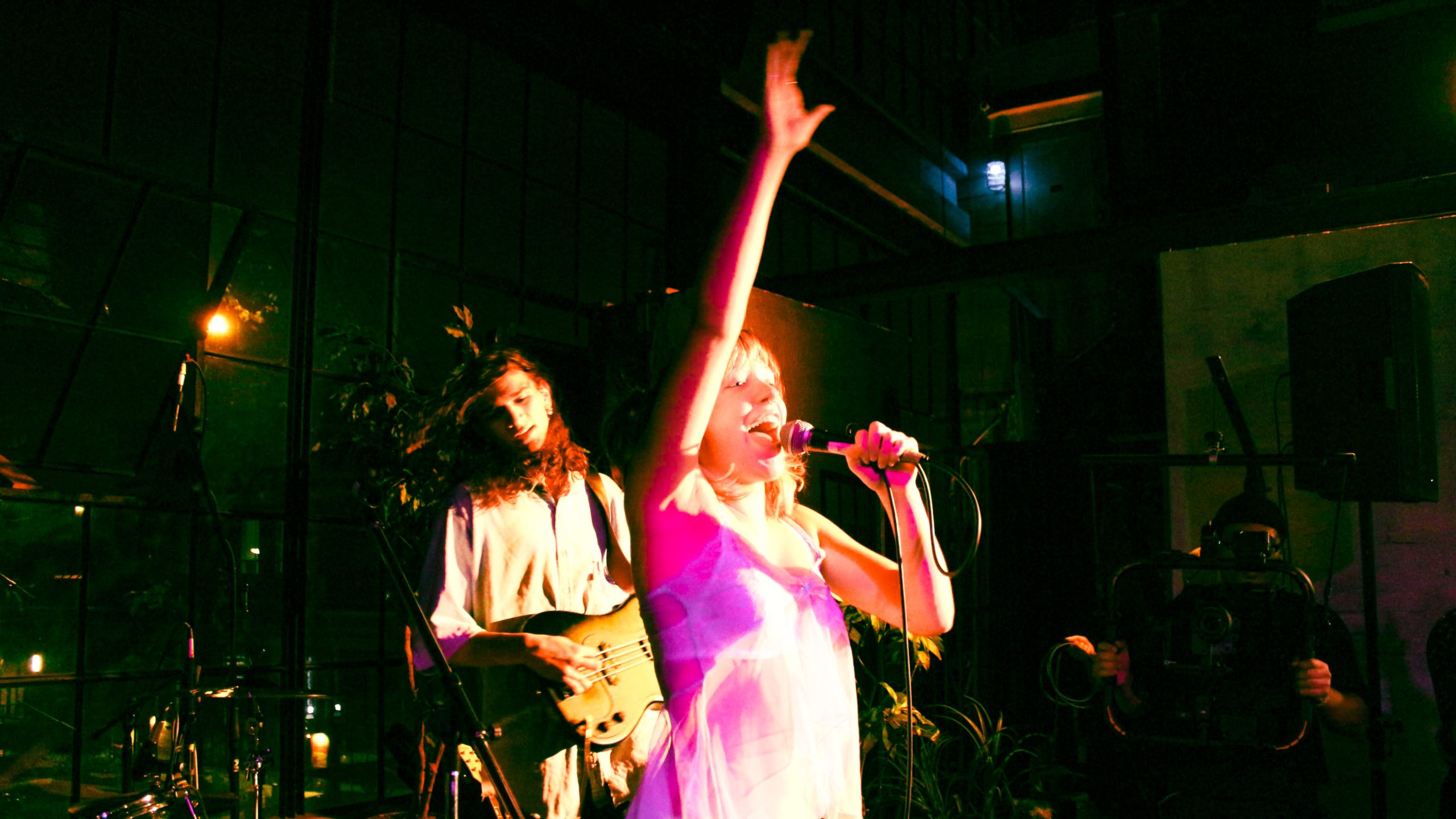
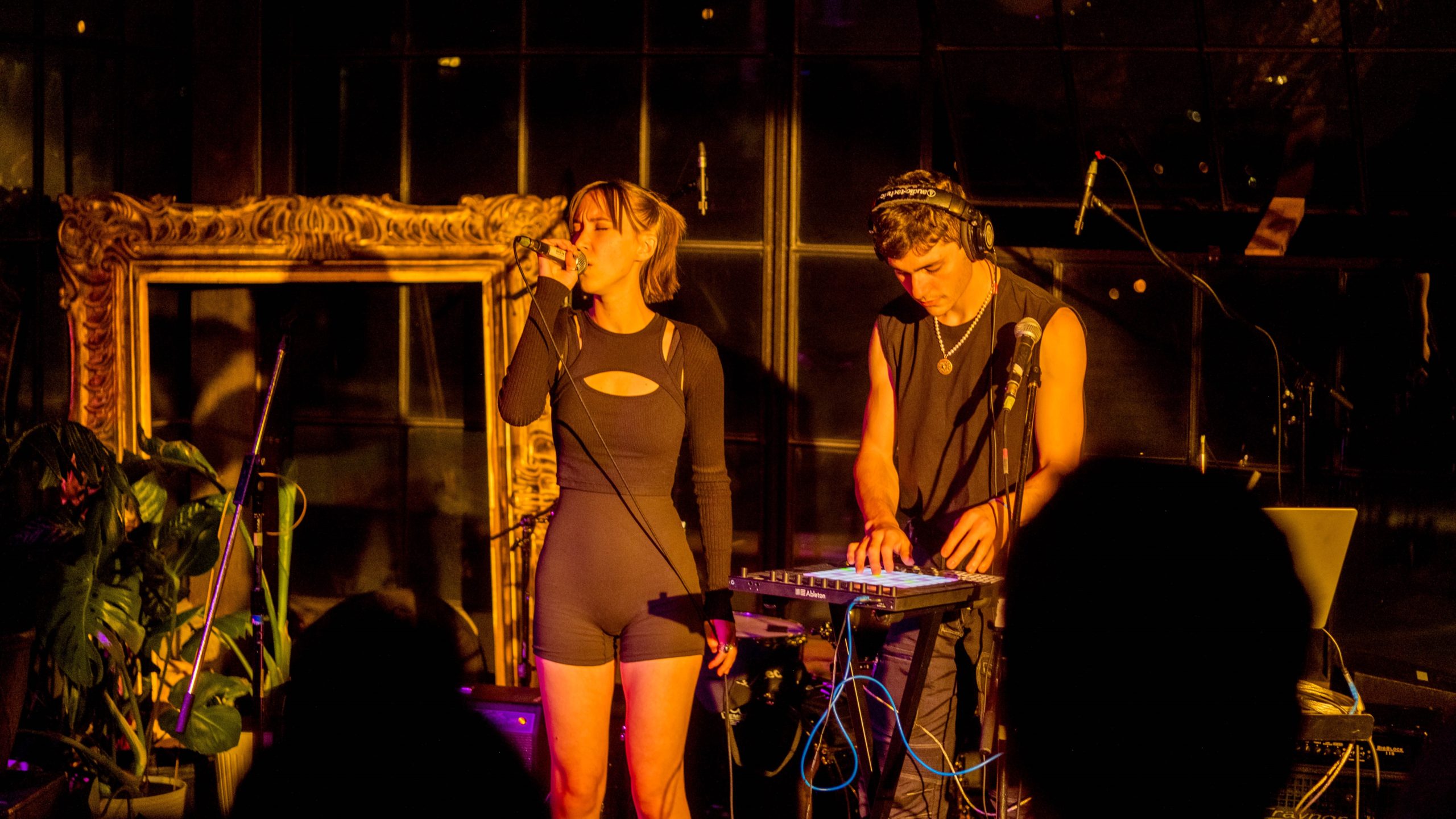
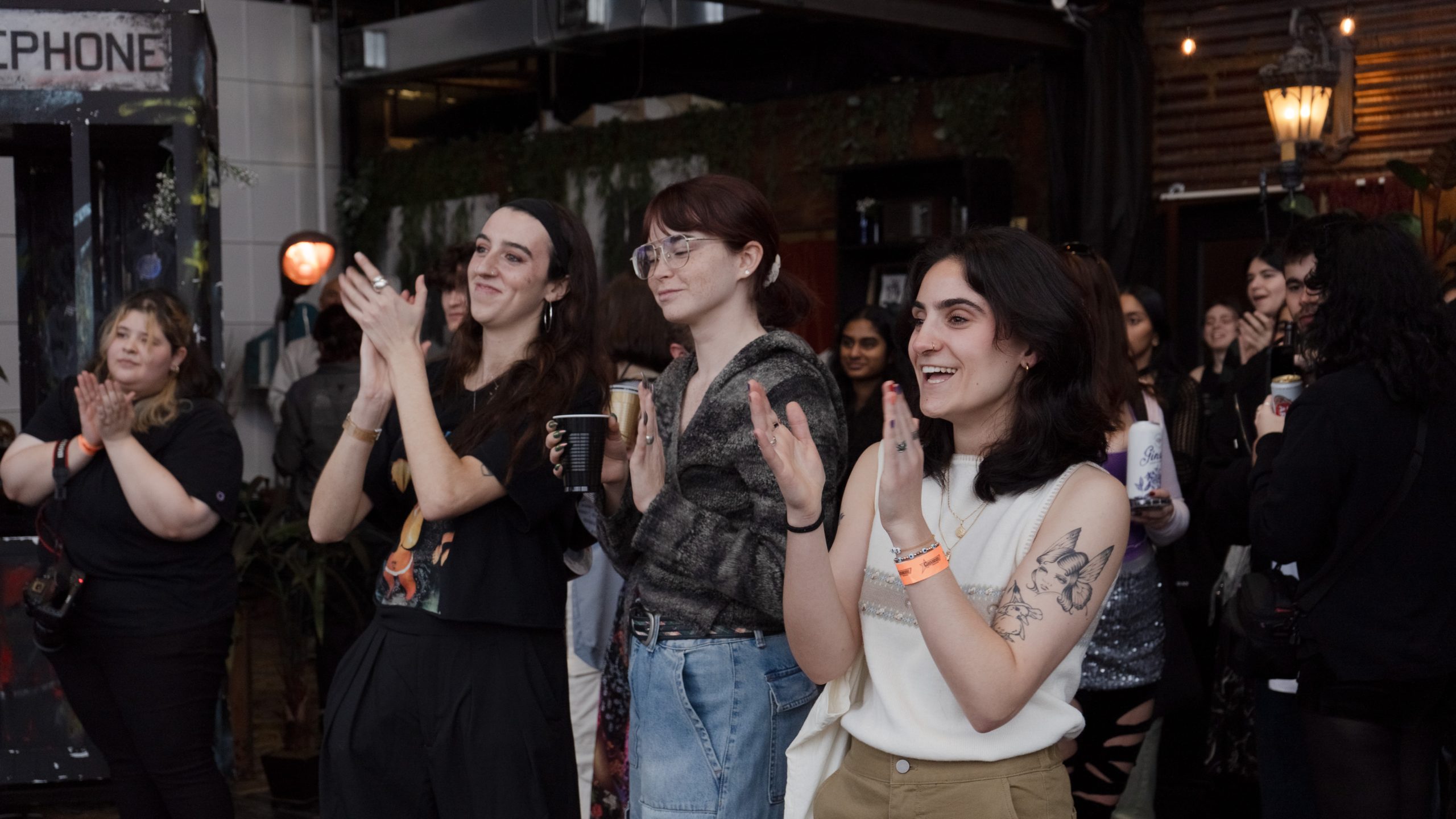
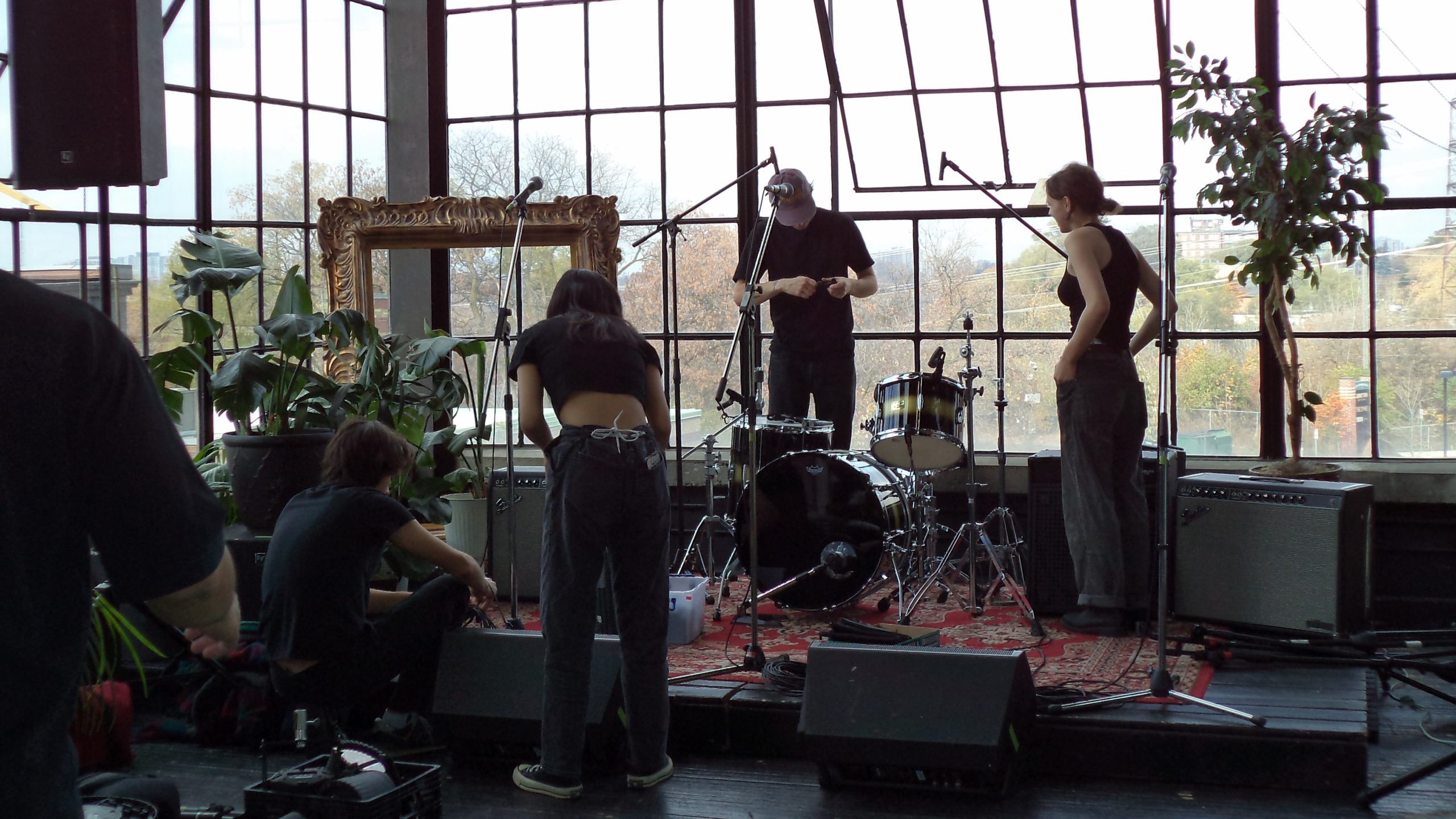
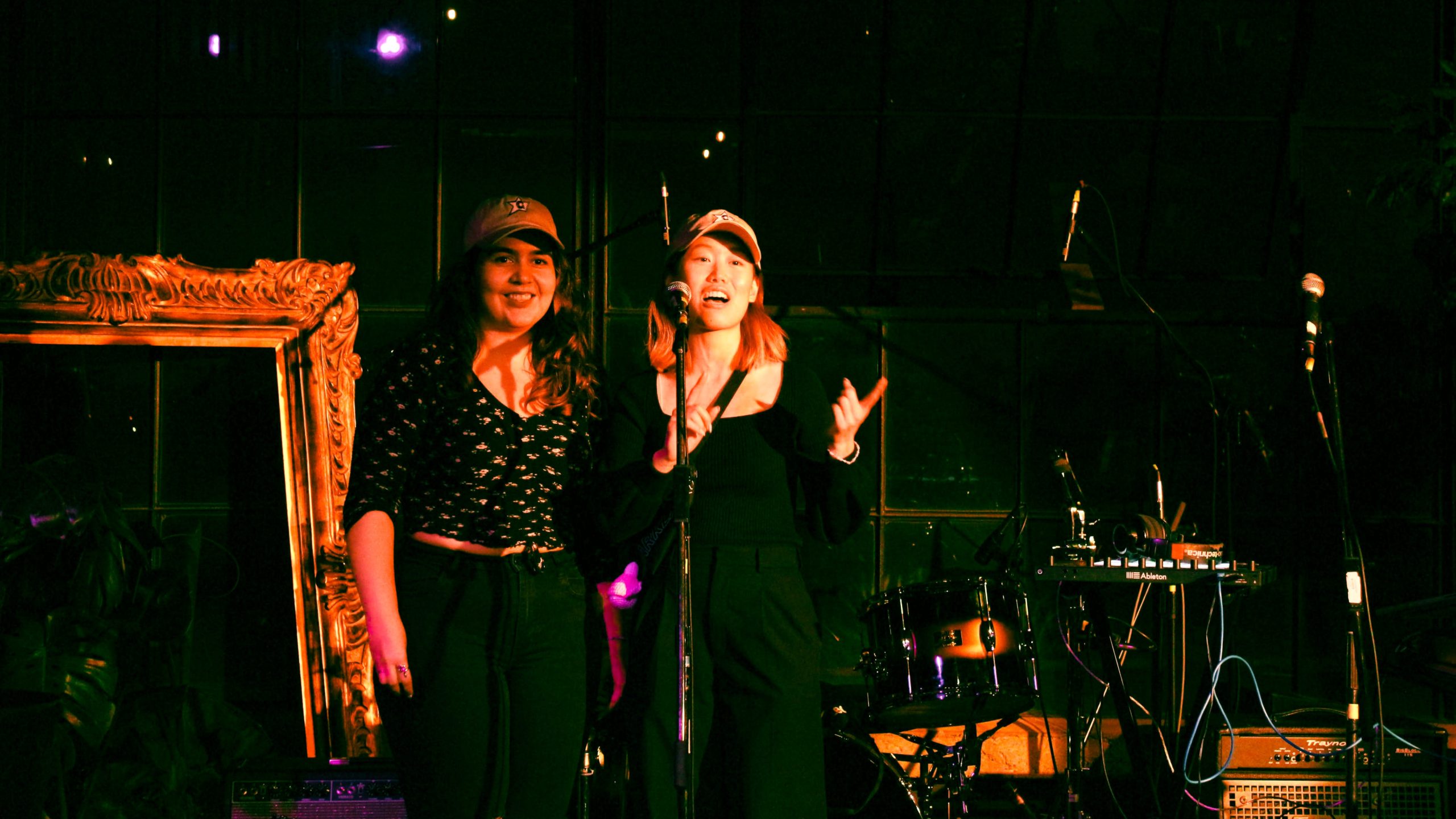
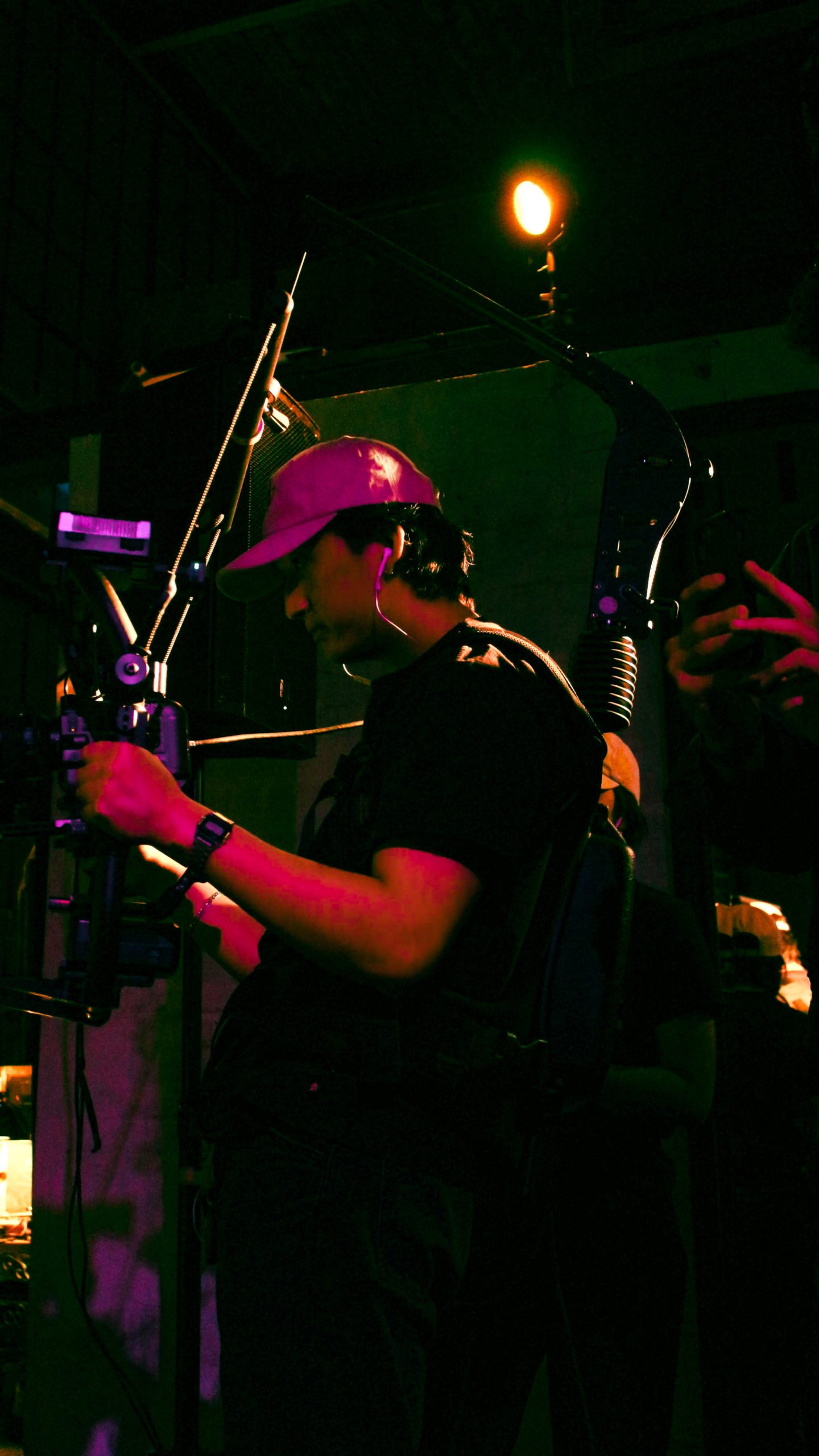



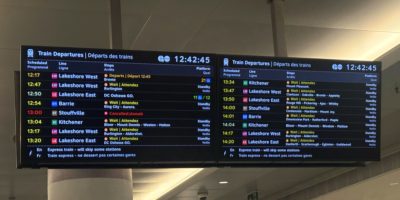





Leave a Reply